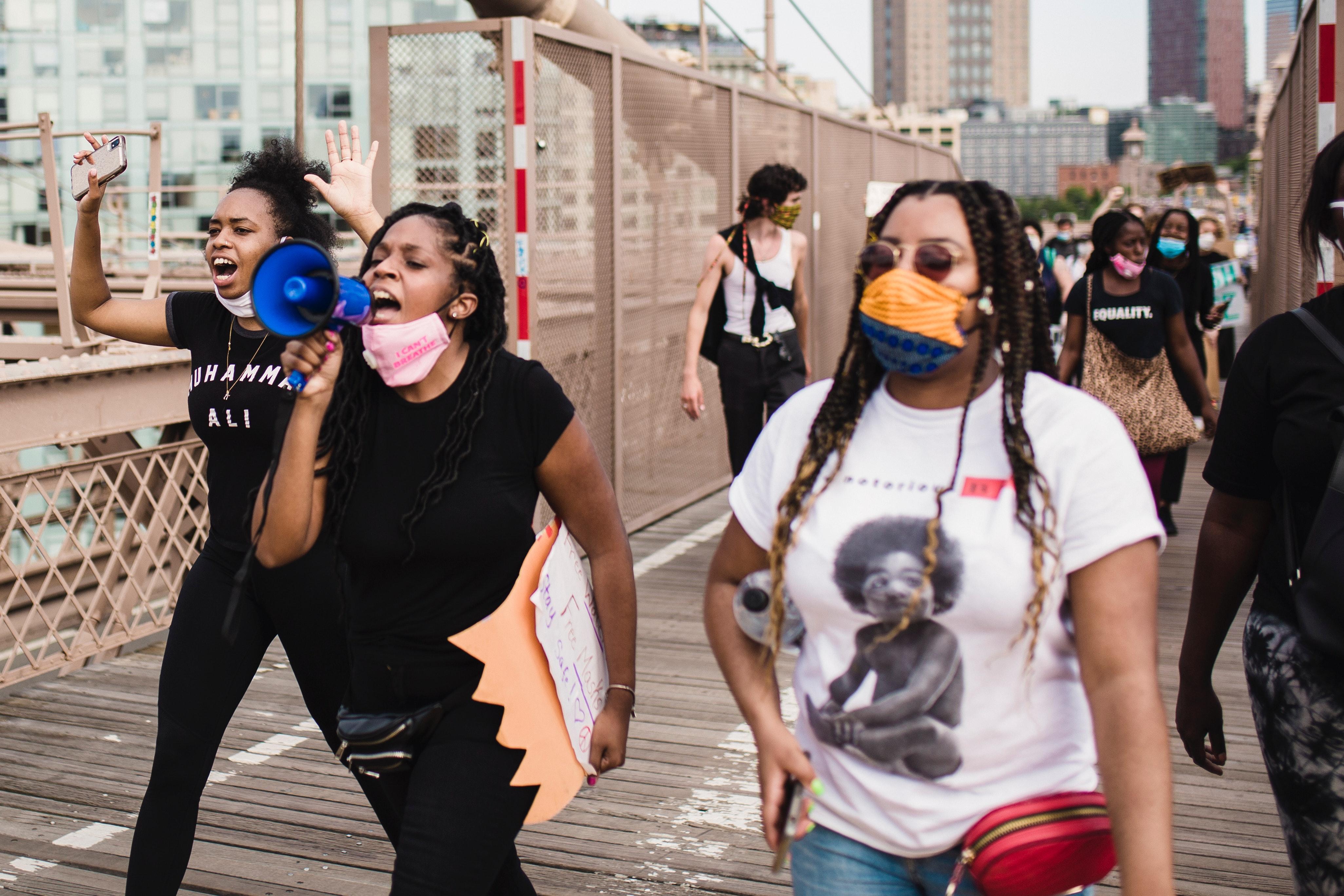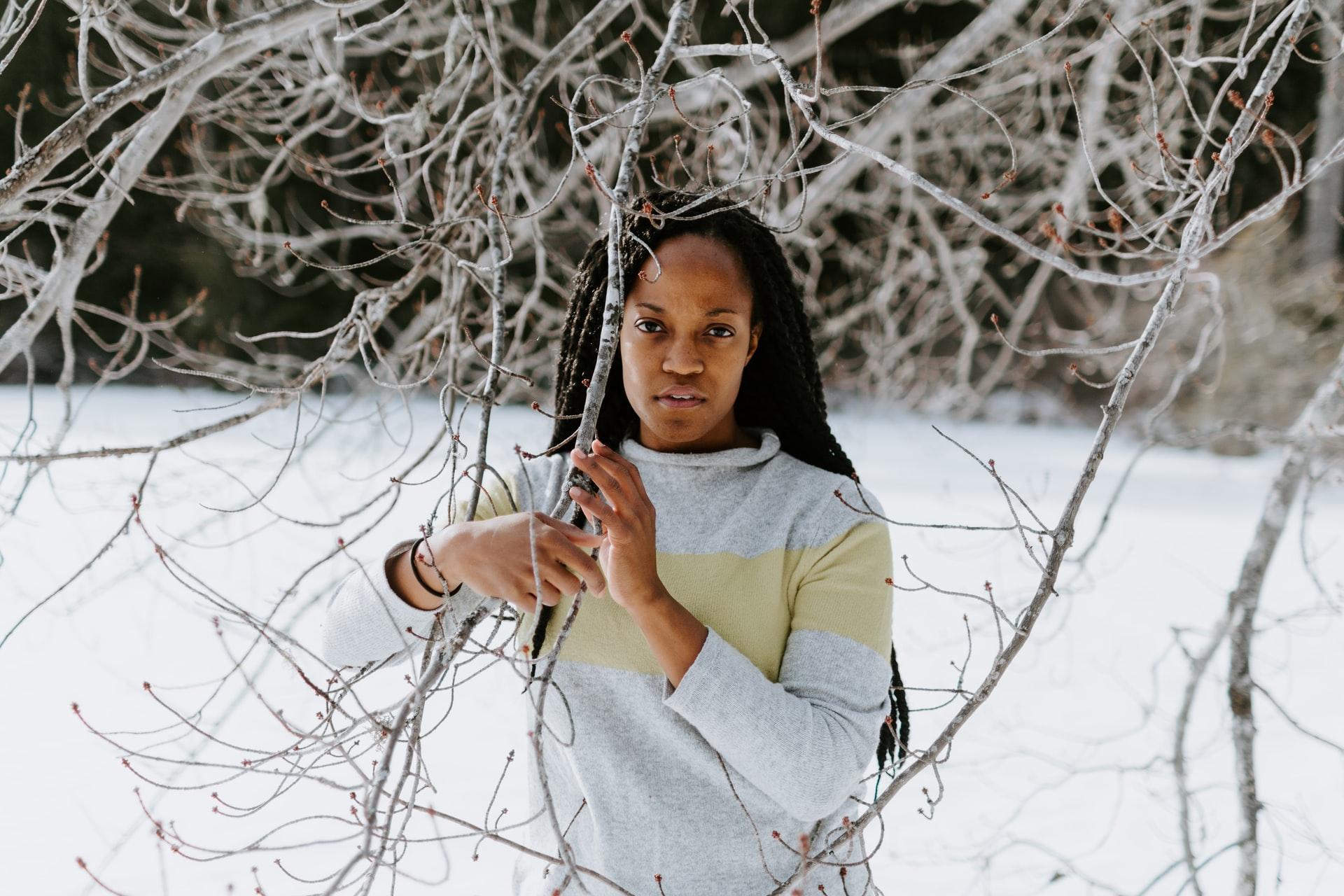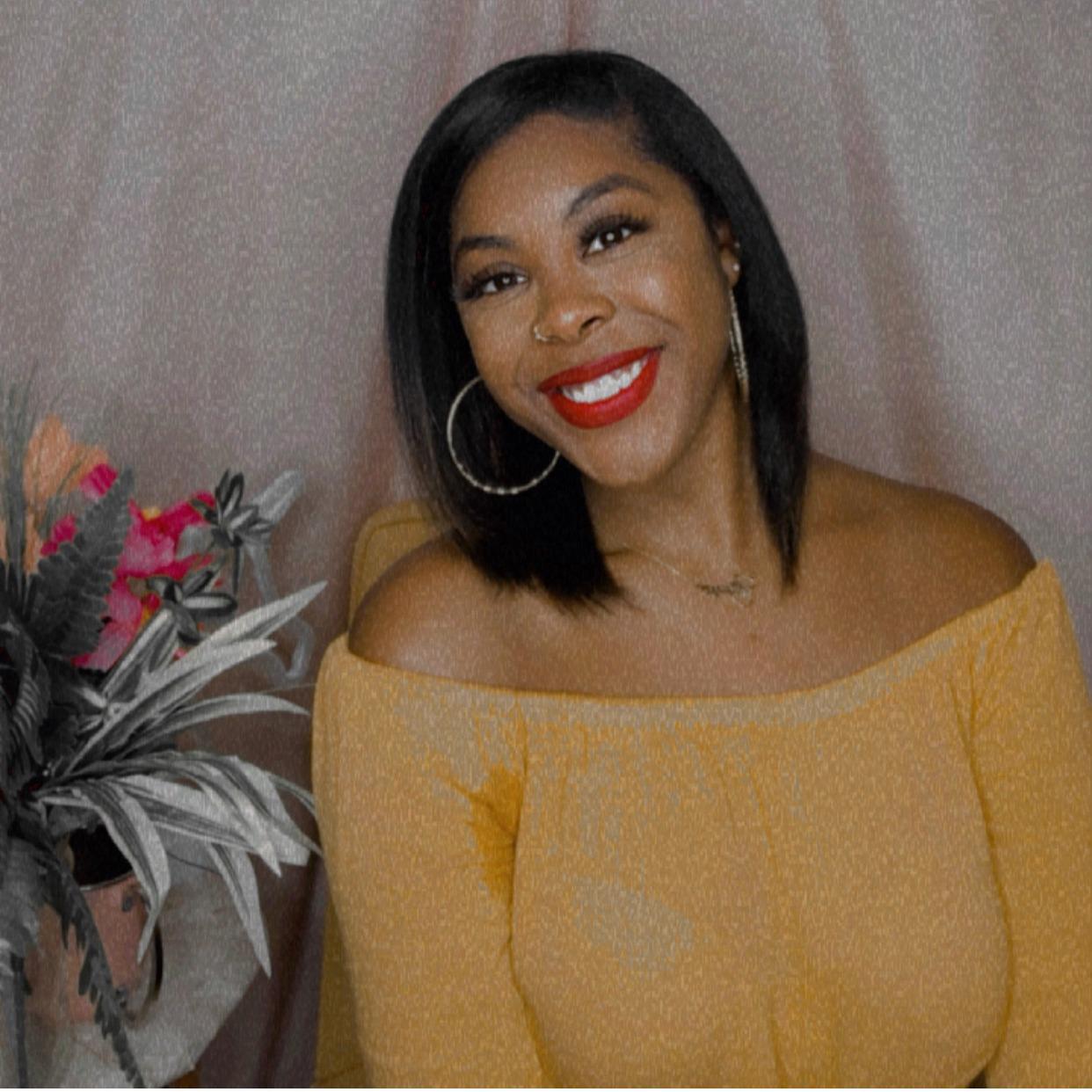5 Buzz Words That, While Empowering, Were Problematic For Black Women

From the workplace to protests and everywhere else in between, women have come together to combat social issues and claim their place at the head of the table and at the forefront of male-led industries.
Many words and phrases often start as a hashtag or become a popular slogan as a means to promote sisterhood. You’ve probably used a few, such as “girl boss” or “imposter syndrome.” Once these phrases have garnered enough traction and notoriety, they create social movements, whether intentional or not.
More times than not, white women are leading the pack and Black women are left scrambling to find their place in the movements, or having to create their own and fight twice as hard for their voices to be heard and concerns to be addressed.

According to a study done by the American Psychological Association, “Black women are often less likely to be associated with the concept of a “typical woman” and are viewed as more similar to Black men than to White women, which may lead to some antiracist and feminist movements failing to advocate for the rights of Black women.”
Here are a few of the buzz words and tropes that have been problematic for Black women:
Girl Boss
By now, you might have learned to love to hate this term. Coined in 2014 by author and Nasty Gal founder Sophia Amorouso, these two words seemed to defy all odds for women in the startup world. However, Black women seemed to be left behind, or not included at all. For Black women, having the right to be deemed a “girl boss” was a “luxury” due to many being underfunded, underrepresented and underprivileged when starting a business.
Many white women and other WOC garnered investments, mentors and resources needed to succeed and sustain in business. Being a so-called girl boss went beyond a hashtag for Black women, it didn’t look like attending conferences and snapping fun coffee shop work selfies; It looked more like grit and having to be self-made. Many Black women operated as the founder, customer service, social media specialist, shipping and delivery, and then some.

Lean In
‘Lean in’ became a business motto in 2013. The popular trope was taken from the title of the book, Lean In: Women, Work, and the Will to Lead written by Sheryl Sandberg, now the chief operating officer at Facebook.
While taking on more responsibility in the workplace can result in promotions, raises and better relationships, it can also come at a cost. For Black women, the art of “leaning in” would require them to take on more work and continue to be underpaid and under-promoted in the workplace. In fact, it takes Black women an average of 7 to 12 months to be paid the same as their white male colleagues, according to an AAWU study.
Feminist
It’s a word that divided the genders and brought women of all backgrounds, races, locations, etc. together. Somehow, Black women were lost in the pivot of this new-age revolt. Feminism seemed to center on cis-gender white women and they were a the forefront of the movement, placing Black women far in the back. Their work to advance the feminist cause or even be included authentically in the narrative has been swiftly overlooked and overshadowed.
One major trope that occurred and showed the true colors of the movement was the infamous 2017 Women’s March in Washington, D.C. Many Black women and other WOC voiced concern about white women taking sole responsibilities and leadership positions that overlooked and pushed out minorities and the inescapable racism and that keeps many of them behind.
Self-care
While the concept of self-care is ideal for everyone, its popular use, in some contexts, often drops the ball when it comes to Black women. A form of self-care is a mere act of resistance or finally throwing the towel in with a person or situation and choosing yourself. While other women may get to embark on bubble baths and spa days, Black women’s form of self-care can often come at their own mental and emotional expense.

Equity
Often confused for the term, ‘equality,’ this is used to describe giving all employees a leveled playing field of opportunities based on their needs. Both gender and racial inequity cause harm to Black women and can be the cause of a huge pay gap, missed opportunities and the inability to navigate their professions seamlessly.
“The combined impact of race and gender on women’s experiences is often overlooked. When women of color share their stories and experiences of marginalization, they are often dismissed, overlooked and ignored,” Janice Asare wrote in Forbes while discussing intersectionality and inequity as it pertains to Black women.






